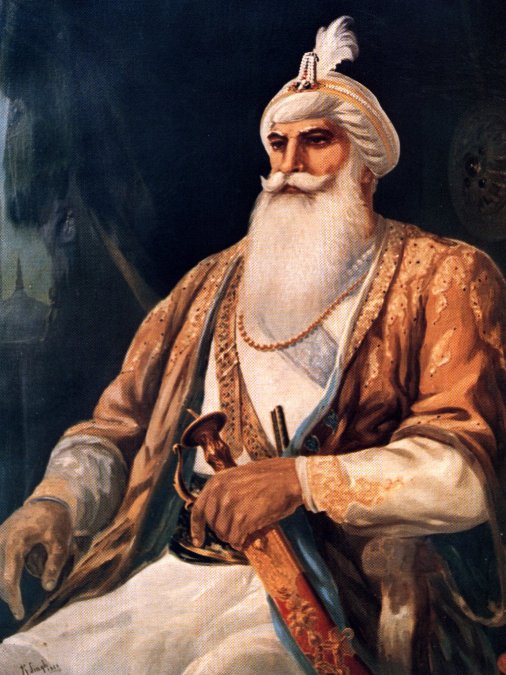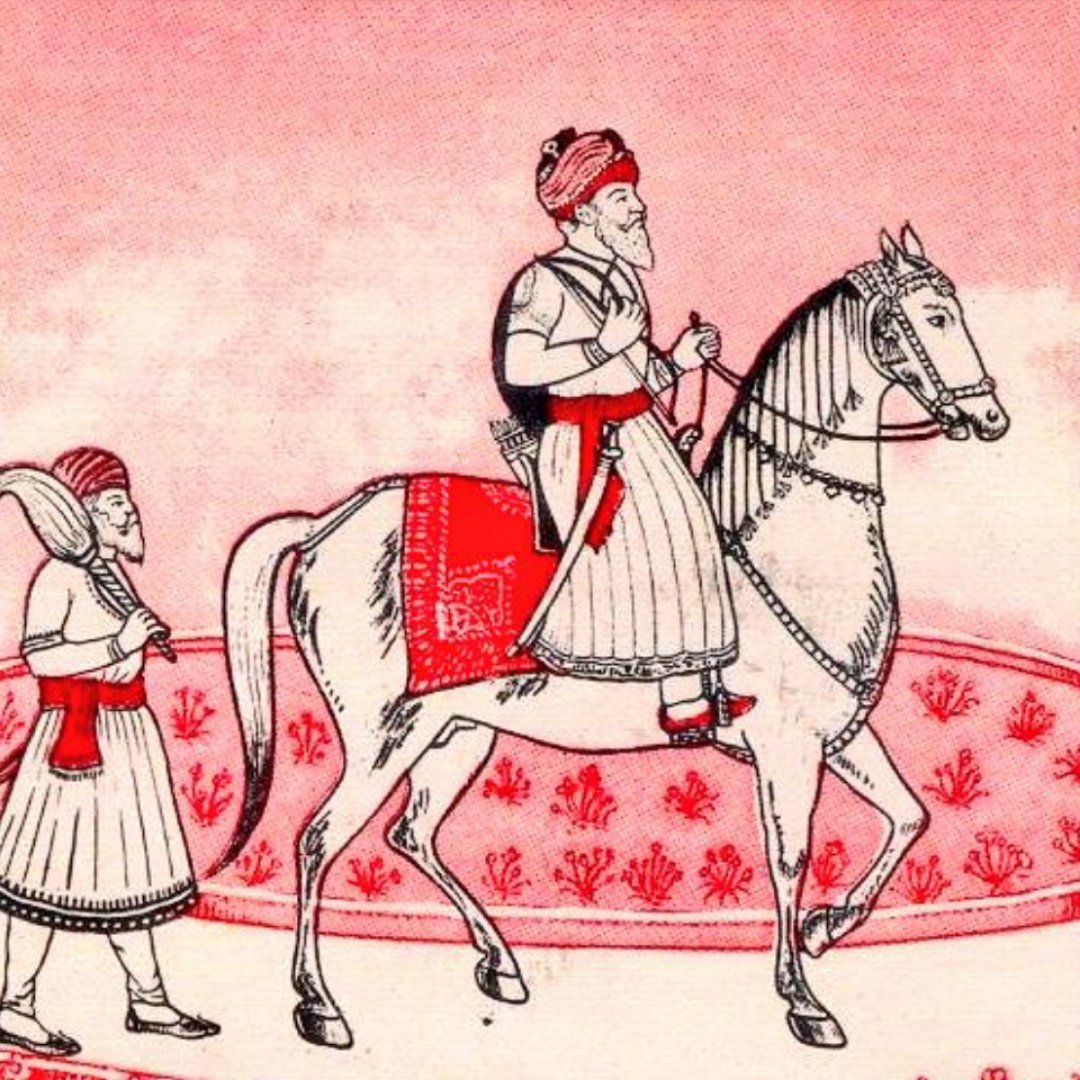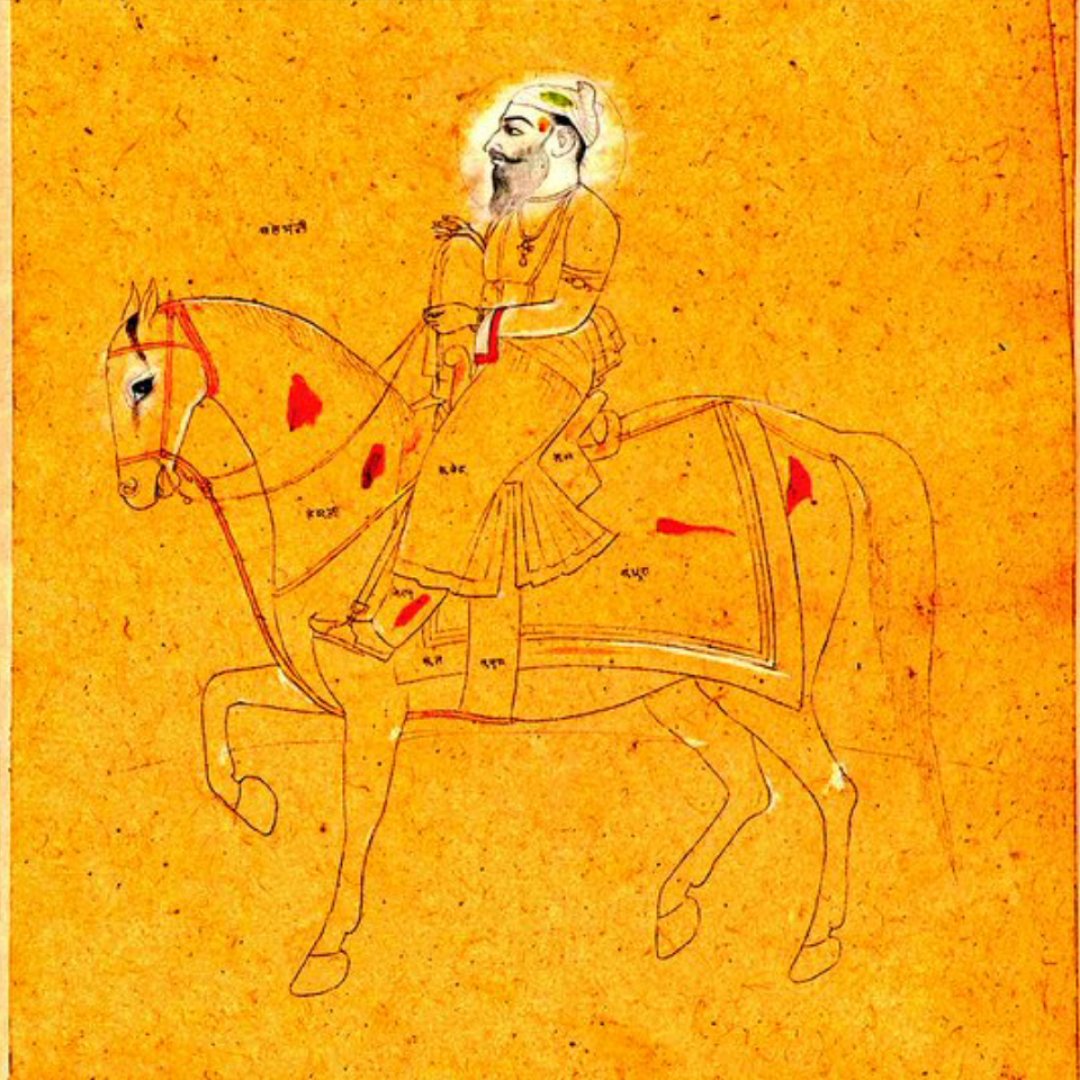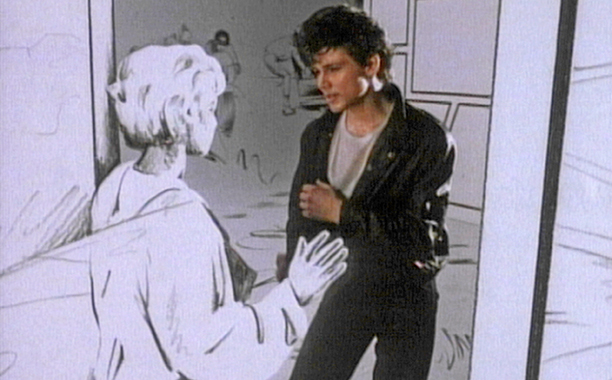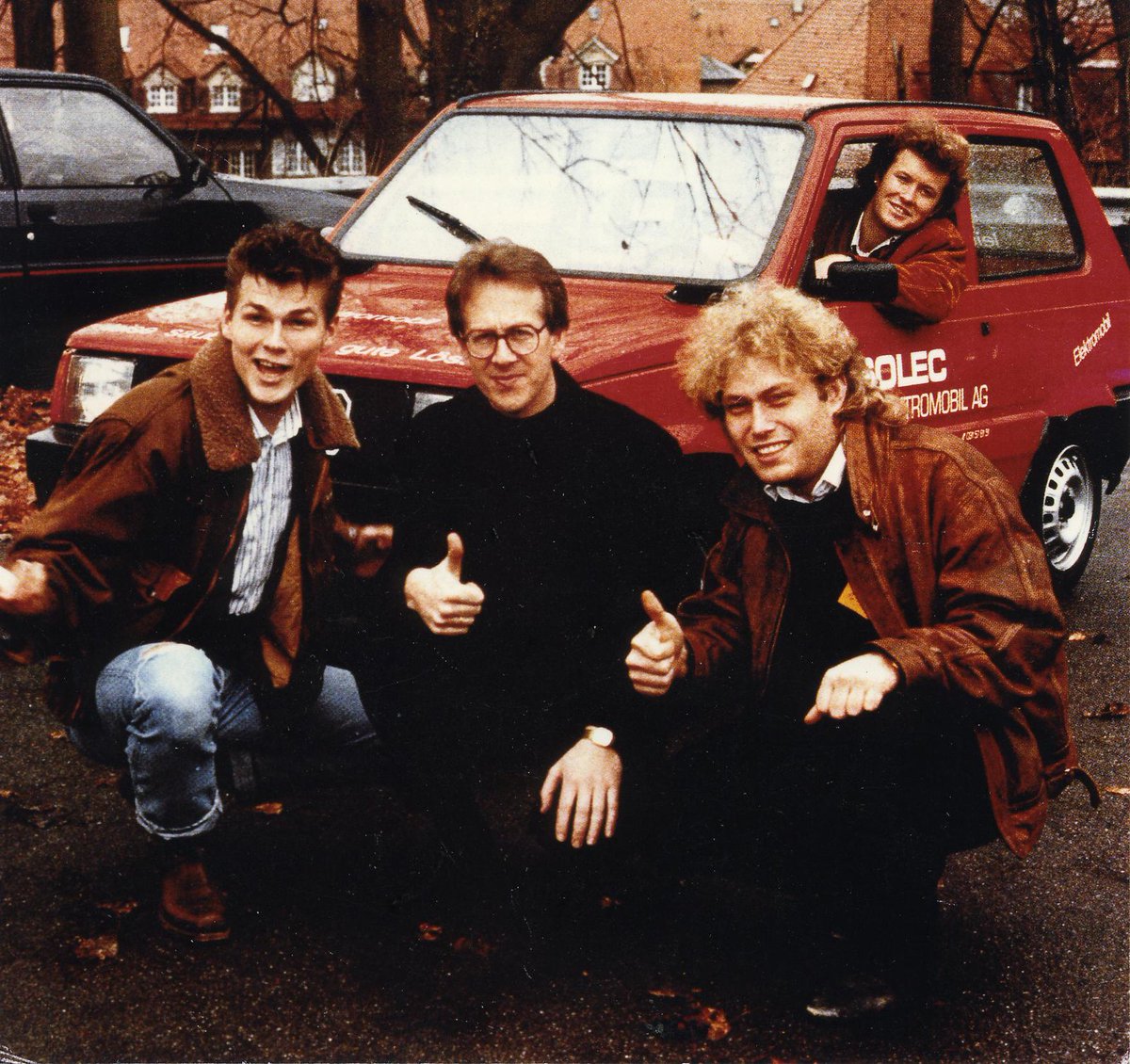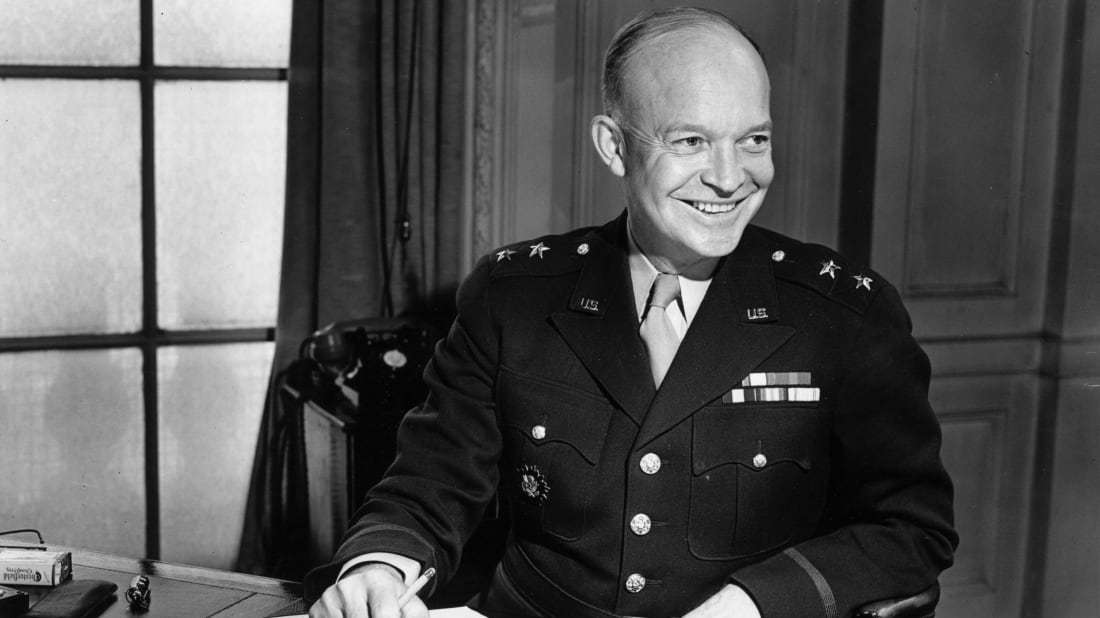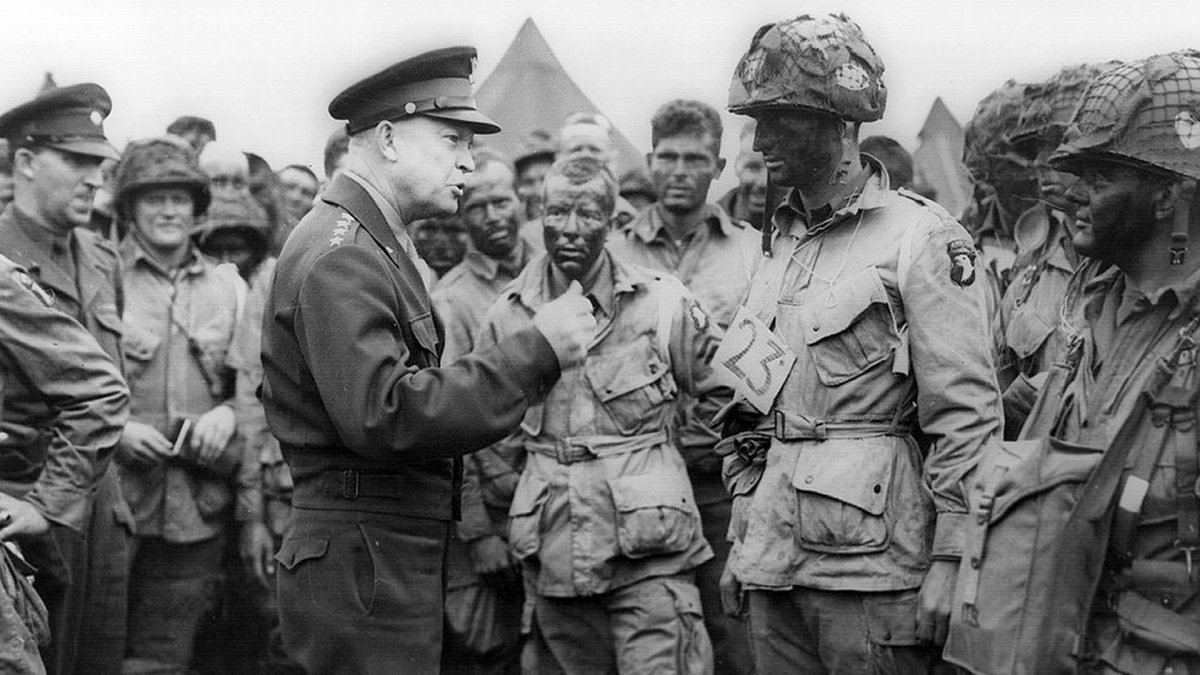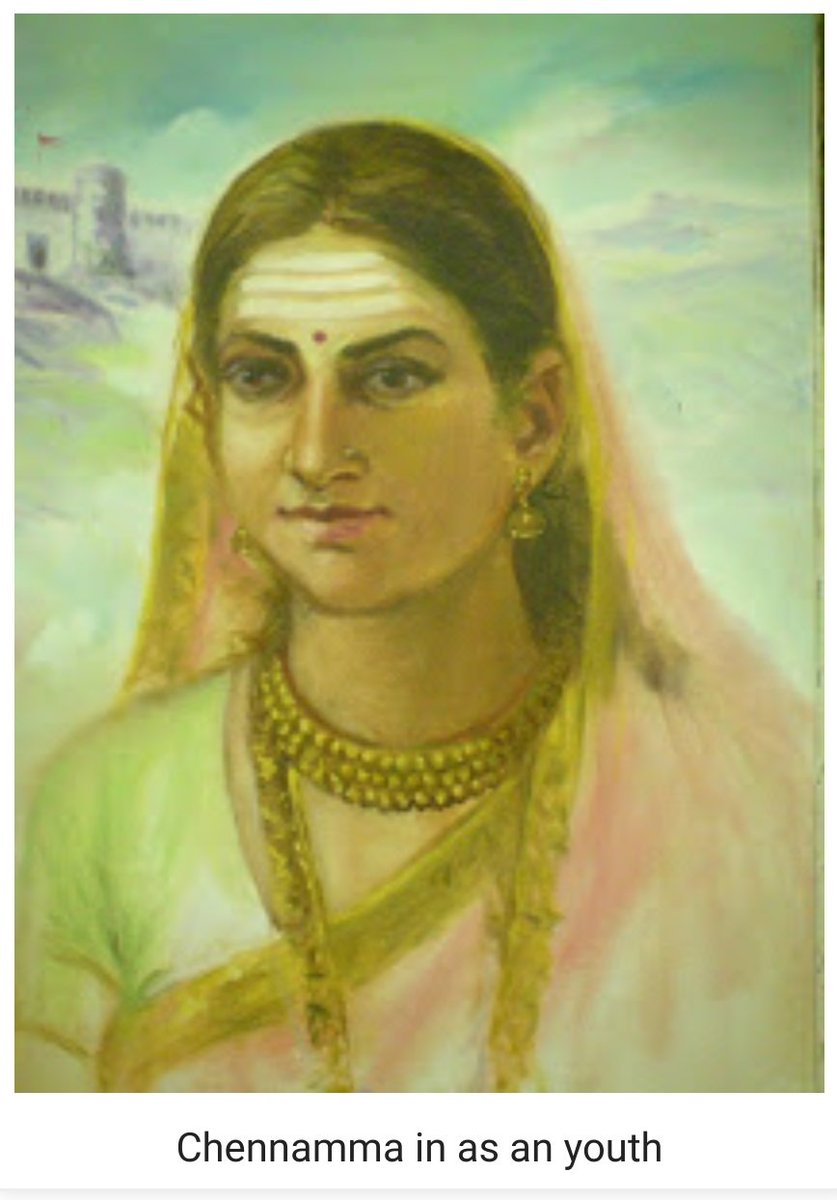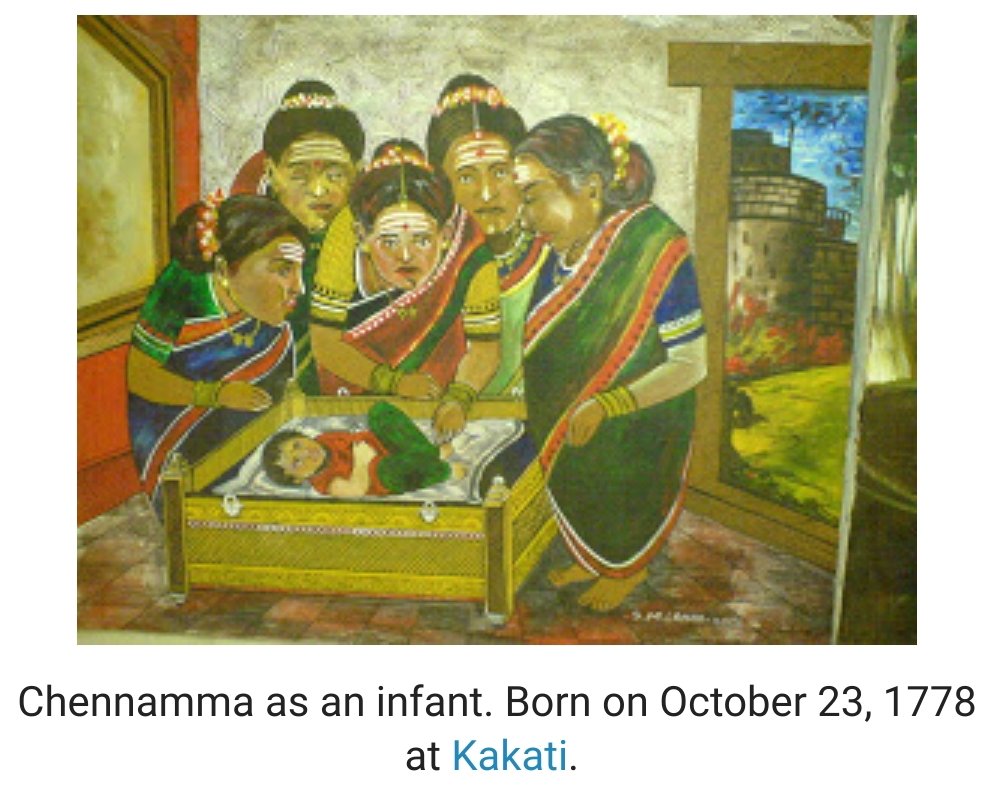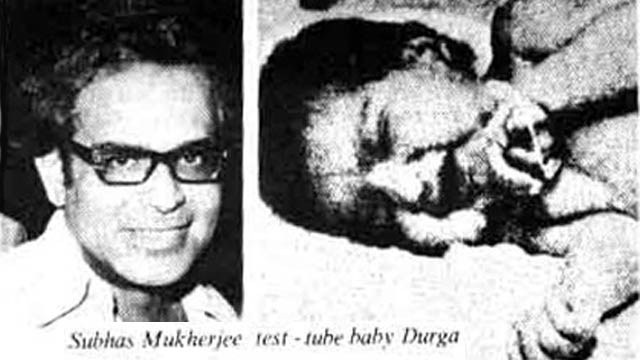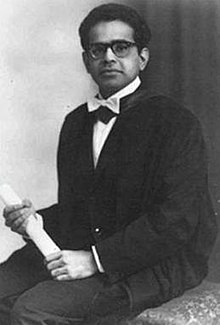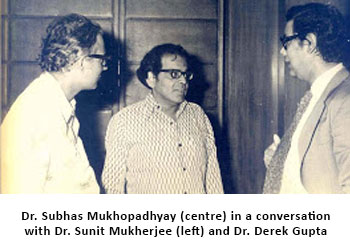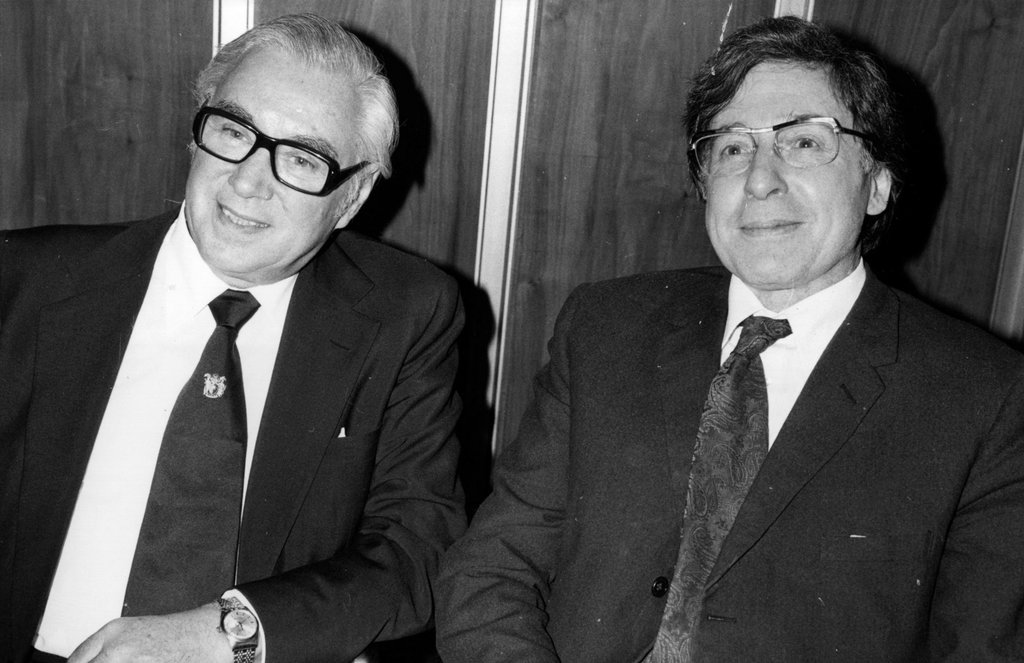The Eisenhower Decision Matrix is a powerful tool for prioritizing your time and unlocking growth in your career, startup, business, relationships, or life.
A thread on how it works and how it can change your life...
Dwight D. Eisenhower was an American military officer and politician.
He was a five-star general in the United States Army and the first Supreme Commander of NATO.
After his military career, he was elected as the 34th President of the United States, serving from 1953 to 1961.
In both his military and civilian careers, Eisenhower stood out for his prolific productivity.
His secret?
Eisenhower observed that people often confuse the urgent with the important. He did not.
"What is important is seldom urgent and what is urgent is seldom important."
The Eisenhower Decision Matrix is a visualization tool that forces you to differentiate between the urgent and the important.
It allows you to prioritize your time accordingly and unlock new productivity and growth.
Let's cover the basics of how it works...
First, we have to define "urgent" and "important."
An "urgent" task is one that requires immediate, focused attention.
An "important" task is one that promotes or furthers your long-term values, goals, or principles.
Remember: Tasks can be both urgent and important.



